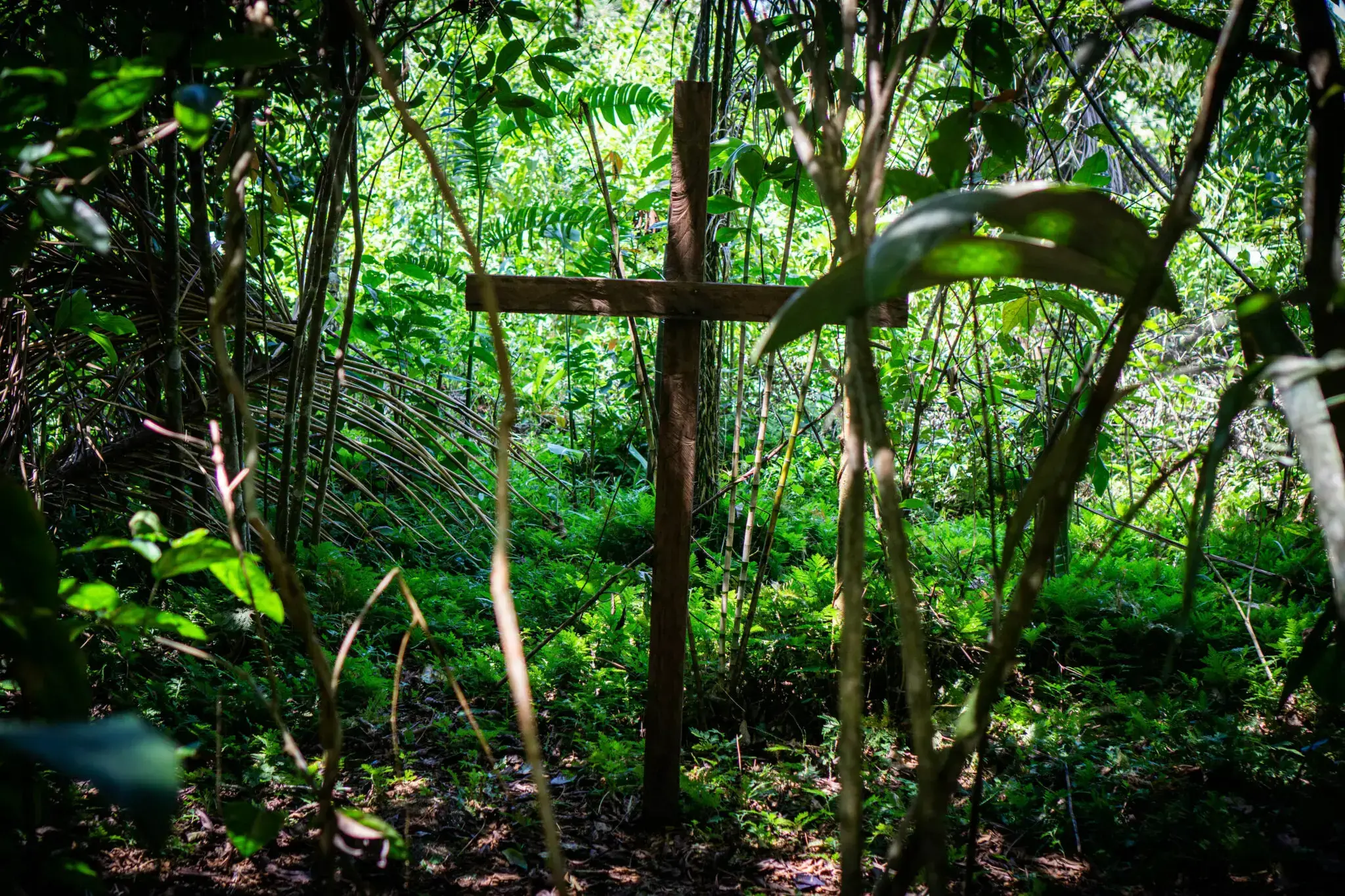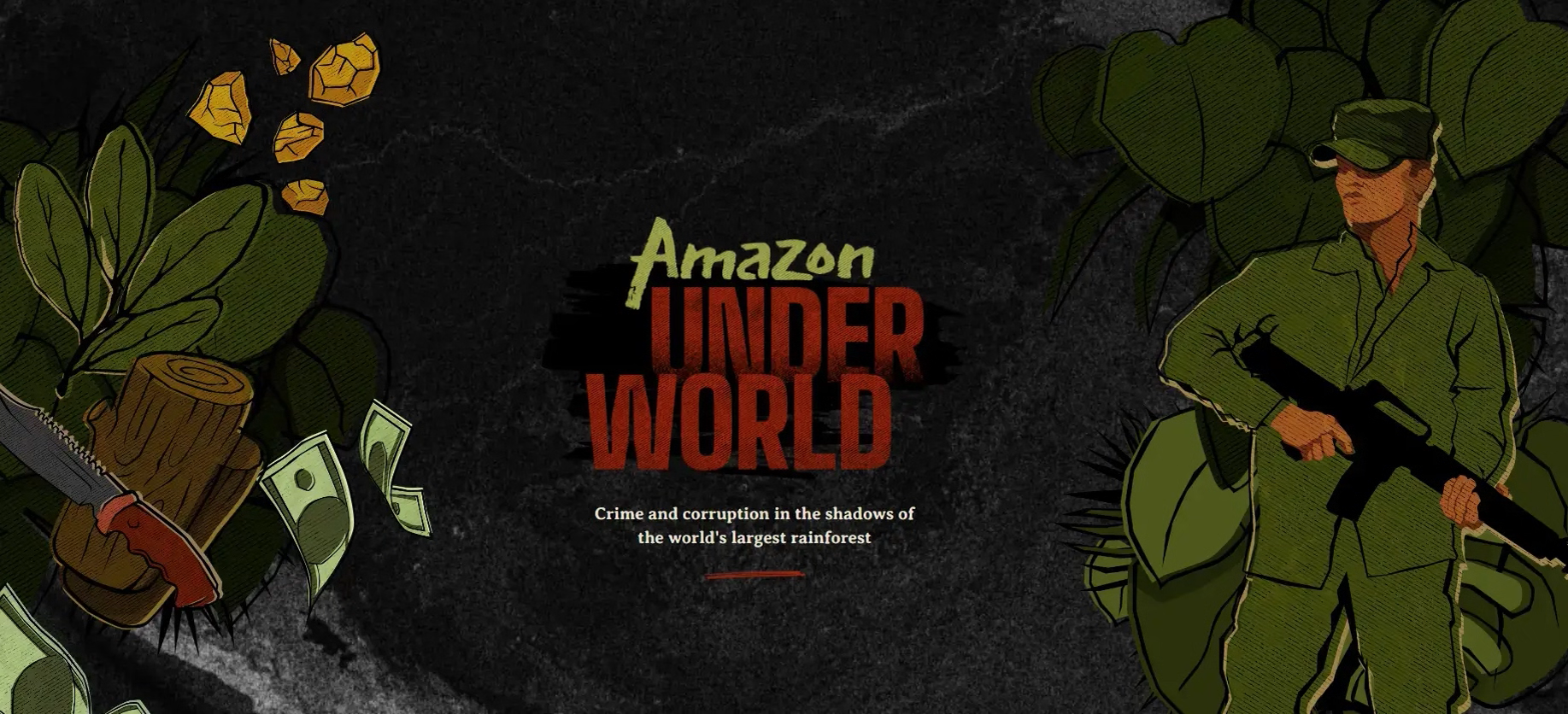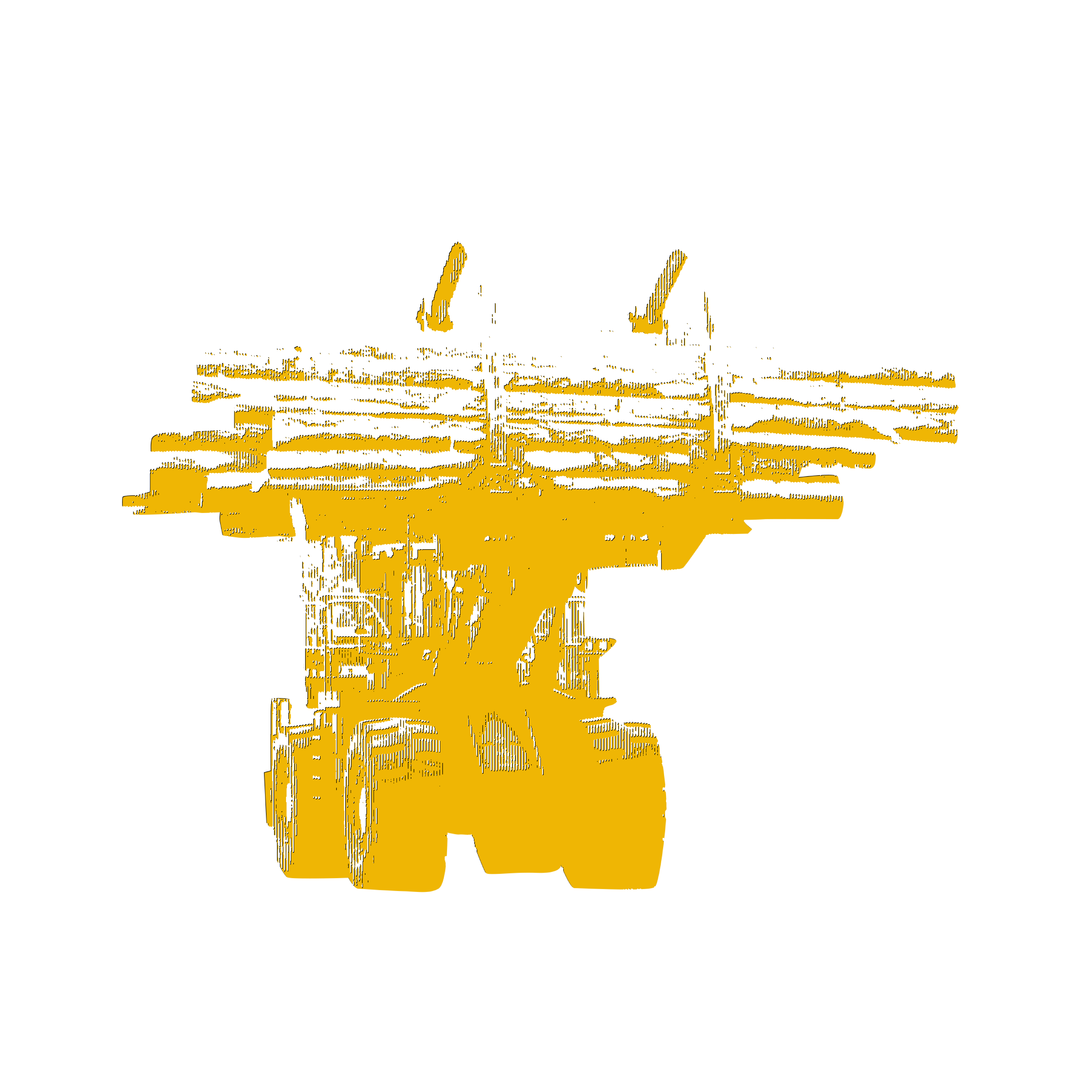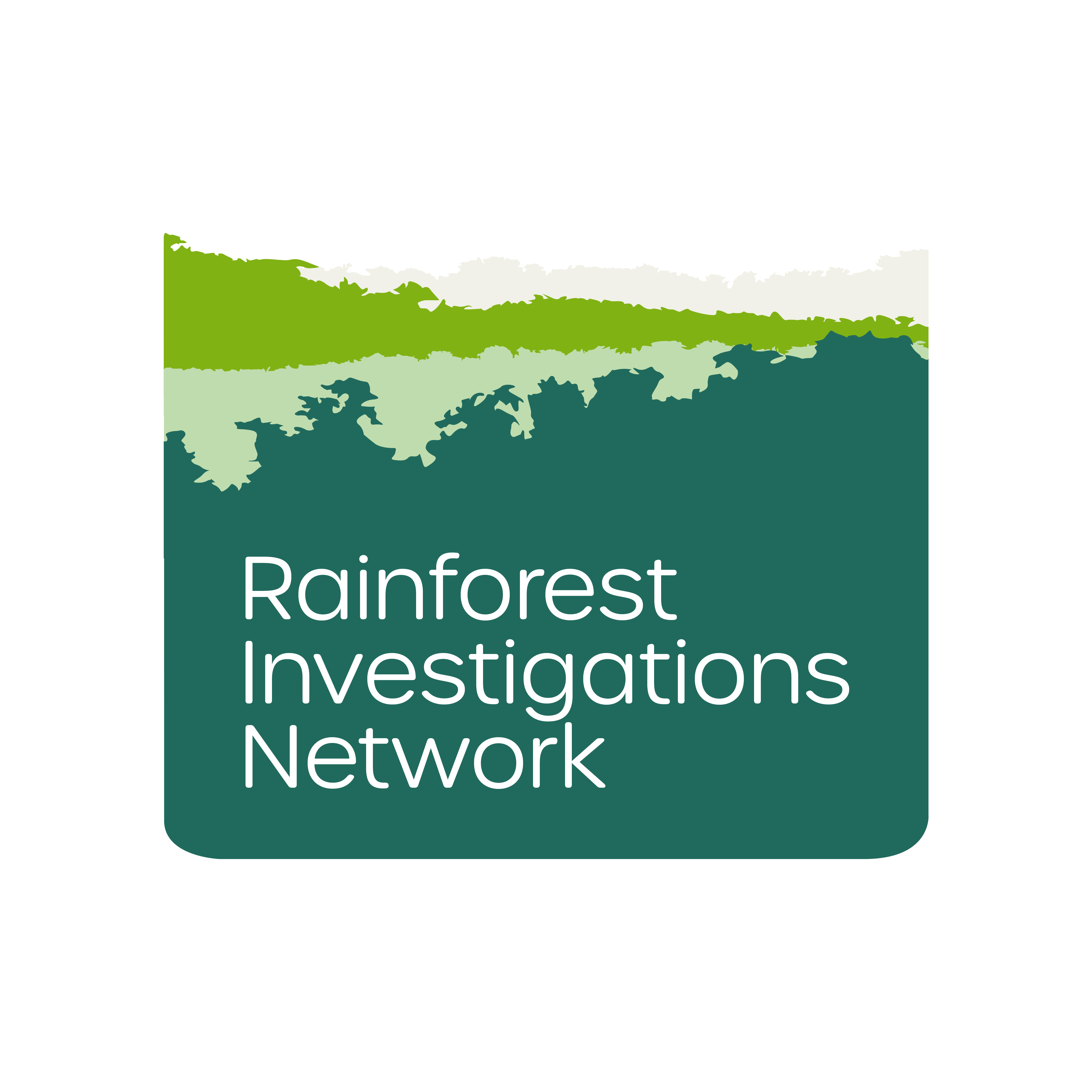
This story excerpt was translated from Spanish. To read the original story in full, visit La Liga Contra El Silencio. Our website is available in English, Spanish, bahasa Indonesia, French, and Portuguese.
As fighting escalates, the number of uncounted massacres along the border river increases. The absence of a regional drug policy allows violence to spread, while illicit crops continue to migrate into neighboring countries.
"Whoever has to do with the paracos, dies," a man in a green uniform and carrying a rifle, a member of the Carolina Ramirez Front, shouted to a crowd of frightened Murui indigenous people. This is what witnesses remember about December 25, 2021, when seven people were massacred in the community of Bellavista, on the banks of the Putumayo River in southern Colombia.
When he said "the paracos," the man was referring to the rival group, the Border Commandos, perceived as paramilitaries by their enemies. On the other side of the river, in Peru, are some of their camps and also coca crops. "In the end, Carolina Ramirez wanted to catch the Comandos de Frontera. In this eagerness they took innocent people," explains an indigenous leader.
Since the beginning of the pandemic, days and nights of terror are more frequent in the Colombian Amazon. Despite the agreement signed in 2016 with the FARC, and the ambitious peace and drug policy agenda of the new president Gustavo Petro, the illicit rents that finance violence are increasing along with the hectares of coca, deforestation and the strength of illegal armed groups. In September, Petro gave his first international speech to the United Nations General Assembly, where he made a plea to conserve the Amazon and called for an end to the current failed anti-drug policy.
For decades, neither the war on drugs nor programs to shift illicit crops to other livelihoods have been able to solve the problem. The violence continues, and now its effects extend beyond the border into Peru. On the Putumayo River, the natural border between the two countries, two groups that call themselves "guerrillas", formed by former FARC members who did not join the peace process or who defected from it, are now fighting over the spoils of cocaine and affecting the population. The most recent clash left 18 dead and the Colombian government responded by sending six platoons of soldiers.

















